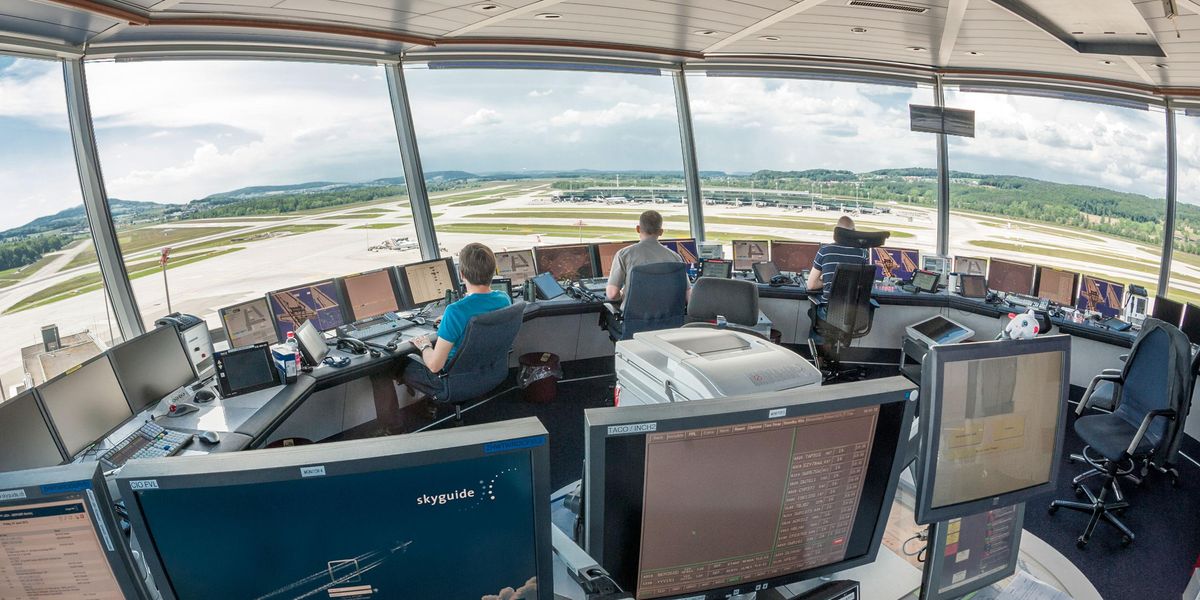This won't be seriously addressed until someone parks an airplane in the rocks.
It is seriously addressed. The planning and execution of these events is quite complex. It is not an off-the-cuff “today I think I will jam some GPS” kind of thing.
However, someone relying only on GPS to keep from parking an aircraft in the rocks is pure folly.
GPS can and does fail on a regular basis even when not being jammed. GPS outages, by their nature, are hard to predict. GPS is not jam or interference resistant at all, and it takes an amazingly weak and simple piece of interference (either intentional or unintentional) to result in an unusable GPS solution. Some natural events or conditions can impact GPS accuracy or usability without notice. With current technology, GPS inaccuracies and outages are a fact of life and must be planned for.
I discuss GPS specifically below, but the same sentiments and considerations go for any RF based technologies. These include things like radar and voice comms.
The US military has to anticipate that in the event of conflict any peer or near-peer opposition will remove GPS as a tool they can use. That means they must test and evaluate, as well as train, in a GPS denied environment. Further, they must test both equipment and personnel in as near to real conditions as possible. Some, the majority, of this testing can happen in the lab or a controlled environment, or by simply turning GPS off on the system you are testing, but some of it must be open air and involve actual jamming. By the basic nature of jamming, in the open air you cannot guarantee that you will jam only the desired platform.
You plan the test events to be as non-intrusive as possible, you adjust power levels to deliver the required J/S ratios on the SUTs while not using excessive power, you use directional antennas to control the footprint of the jammer, you lay out SUT flight profiles to direct jam energy in the least impactful direction possible, etc. But you also understand that it is impossible to not impact other spectrum users to some extent. Among other things, you publish NOTAMs to inform the community of potential issues, so that they can plan accordingly and be ready to take necessary action.
Cease Buzzer calls exist for this very reason (and Cease Buzzer calls are used for all jam related testing, not just GPS events).
An aircraft in VFR conditions should be in no immediate danger from short term disruption of GPS. It may be an inconvenience, but not an actual danger. An aircraft under IFR should have other systems and cross checks established to confirm what GPS is telling them, if not then any GPS inaccuracies or momentary faults are a potential problem. If you’re jamming does cause dangerous interference, not just simple interference but actually safety of flight issues, a Cease Buzzer call, once it gets to the testers, should result in the jammer being shut down literally in seconds.
T!

 spectrum.ieee.org
spectrum.ieee.org

 spectrum.ieee.org
spectrum.ieee.org

